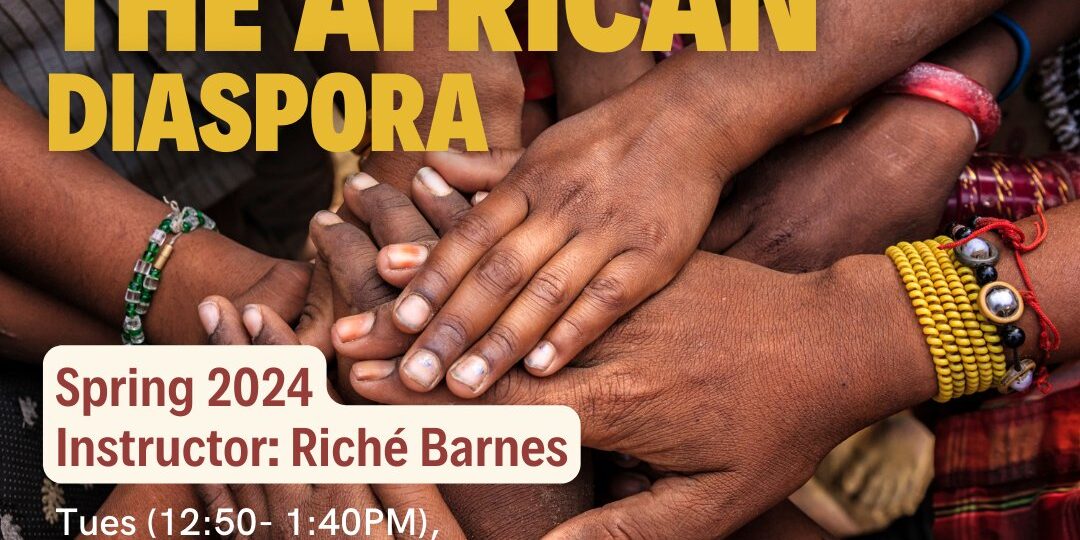Africa’s story doesn’t just live on the continent—it lives in the hearts of millions around the world who call themselves part of the African diaspora.
From the bustling streets of London to the creative corners of Atlanta, from Paris to Port-au-Prince, the African diaspora is powerful, diverse, and deeply connected to its roots. This vast community—made up of people whose ancestry traces back to Africa—has long played a role in shaping global music, culture, fashion, activism, and more.
But what’s changing now is the strength of the reconnection. More than ever before, the diaspora is turning its gaze back to Africa—not just for identity, but to invest, build, collaborate, and empower.
This is a story of movement, memory, and a mission to bridge the past and future.
Who Is the African Diaspora?
The African diaspora is not one thing—it is millions of stories stretched across continents.
It includes:
-
Descendants of enslaved Africans in the Americas and the Caribbean.
-
Voluntary migrants who left Africa in search of education, opportunity, or safety.
-
Second and third-generation Africans born abroad but still deeply tied to the continent.
-
Cultural diasporas like Afro-Latinos, Afro-Europeans, and more.
What binds them isn’t geography—it’s a shared lineage, cultural pride, and growing sense of unity.
Cultural Influence: Changing the Narrative
The African diaspora has long been a cultural powerhouse. From jazz and hip hop to Afrobeat and amapiano, diaspora artists have transformed global music. From Maya Angelou to Chimamanda Ngozi Adichie, writers and poets have shaped how the world sees Black identity.
And now, a renaissance is unfolding—one where Africa and its diaspora are no longer waiting for validation. They’re telling their own stories, on their own terms.
Some examples:
-
Black Panther, a Marvel blockbuster with African aesthetics and a global Black cast, sparked a wave of pride and curiosity about African culture.
-
Artists like Burna Boy, Tems, and Wizkid have brought Afrobeat to the Grammys and global charts.
-
Platforms like Netflix, Spotify Africa, and YouTube Africa are investing in African creators and storytellers.
The diaspora is no longer just celebrating its African identity—it’s amplifying it on the world stage.
Economic Impact: Investing Back Home
The African diaspora isn’t just sharing music and fashion—they’re sending money, launching businesses, and changing economies.
Remittances
In 2023, remittances from Africans abroad totaled over $50 billion, a number that surpasses foreign aid and even some forms of investment. These funds are helping families pay for education, healthcare, and small business development.
Diaspora Startups and Ventures
Many African immigrants who studied or worked abroad are returning—or partnering from afar—to launch startups, open tech hubs, and invest in infrastructure. Some are joining “Returnee” networks, while others are building companies that serve both African and global markets.
Real Estate & Agriculture
Diaspora communities are increasingly investing in real estate, farms, and agribusinesses back home. These ventures aren’t just profitable—they often uplift entire communities by creating jobs and improving access to services.
Tech, Innovation, and Skills Transfer
One of the most exciting developments is the return of talent and ideas. Tech professionals, engineers, doctors, and entrepreneurs who studied or worked abroad are bringing their knowledge, tools, and networks back to Africa.
This “brain gain” is fueling innovation in:
-
Fintech (diaspora-led companies like Flutterwave have global investors)
-
HealthTech (diaspora doctors collaborating with hospitals in Africa)
-
EdTech and training (offering mentorship, coding bootcamps, or online courses for African youth)
Even those who don’t return physically are contributing virtually—through remote mentorship, consulting, and investing in Africa-focused accelerators.
Bridging Identity: Reclaiming Roots
For many in the diaspora, especially descendants of enslaved Africans, reconnecting with Africa is deeply personal.
Thanks to technology, DNA testing, and social media, more people are tracing their ancestry and learning about their heritage. The surge of interest in African culture—from food and language to spirituality and history—has sparked cultural pilgrimages and a sense of homecoming.
Countries like:
-
Ghana launched the “Year of Return” and Beyond the Return campaigns, inviting the diaspora to visit and invest.
-
Sierra Leone and Benin offer special citizenship pathways to people of African descent.
-
Senegal, Nigeria, and Ethiopia are seeing spikes in tourism driven by diaspora engagement.
For many, these experiences are more than tourism—they are healing journeys that reconnect generations separated by colonization, migration, and the transatlantic slave trade.
Challenges and Complexities
While the connection between Africa and its diaspora is growing, it’s not without tension and complexity.
Common challenges include:
-
Misunderstandings between Africans at home and those abroad, often fueled by stereotypes or cultural differences.
-
Bureaucracy and red tape for diaspora investment and land ownership in some countries.
-
Identity struggles, especially for those caught between cultures or who feel disconnected from the continent.
But despite these hurdles, the momentum continues. Dialogues are happening, bridges are being built, and mutual understanding is deepening.
Organizations Making It Happen
Many NGOs, governments, and community groups are actively creating programs to connect the diaspora with Africa.
Some examples:
-
ADDI (African Diaspora Development Institute) focuses on pan-African investment and development.
-
Homecoming Revolution helps skilled Africans abroad find opportunities back home.
-
The African Union has a special office for diaspora affairs and encourages inclusion in its agenda.
These networks help the diaspora navigate opportunities, challenges, and build meaningful impact.
What Can You Do?
Whether you’re African-born living abroad, or part of the diaspora through ancestry or adoption, there are many ways to stay connected:
-
Visit Africa not just as a tourist, but to connect with people, support local businesses, and learn.
-
Invest in small businesses, real estate, or agriculture initiatives on the continent.
-
Mentor or teach online. Your knowledge can empower a young African entrepreneur or student.
-
Celebrate African culture and share accurate narratives in your community.
-
Collaborate with creatives, developers, or nonprofits doing work on the ground.
Your story, voice, and resources can be part of a bigger transformation.
The African diaspora is not on the sidelines—it is front and center in shaping the continent’s future. Whether through remittances, cultural expression, or social change, the impact is undeniable.
Africa needs its diaspora. And the diaspora needs Africa.
Together, they’re not only reclaiming a shared history—they’re writing a new one. A story of unity, growth, pride, and possibility.
At Afriker.com, we believe every African—wherever they live—has a role in building the Africa of tomorrow. Because home isn’t just a place. It’s a purpose.

